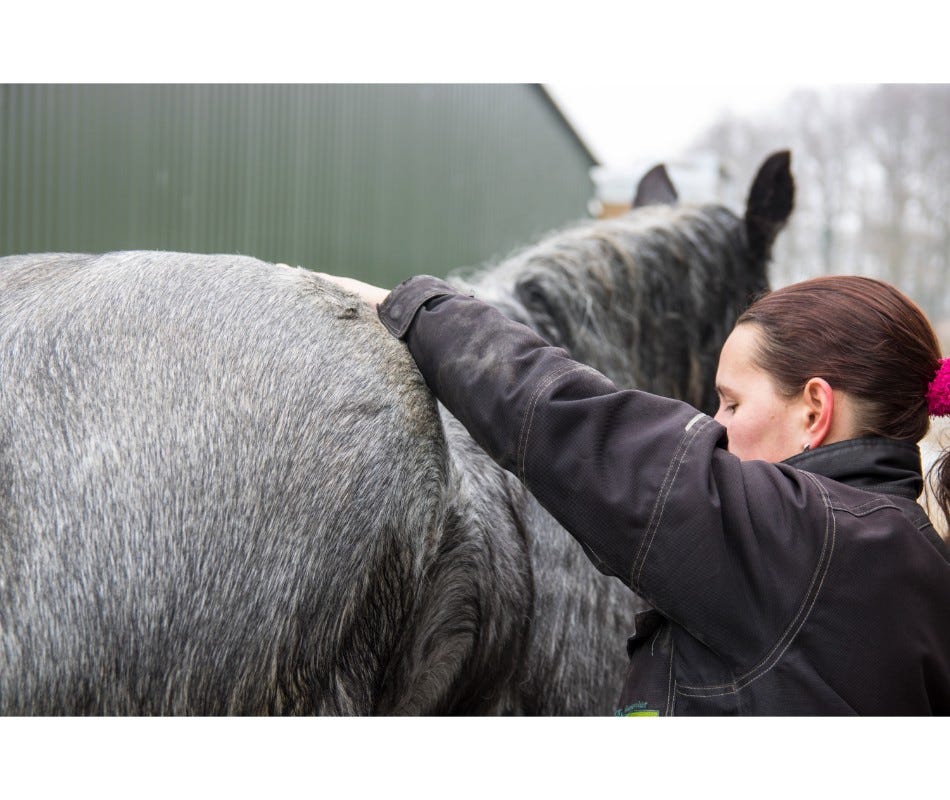We use cookies to make your experience better. To comply with the new e-Privacy directive, we need to ask for your consent to set the cookies. Learn more
Equine Ulcers, Your Veterinarian, Omeprazole and You
Equine Ulcers: What you need to know
Your veterinarian breaks the news to you that the reason your horse has been off is that he has equine ulcers. What this means depends on what type of ulcer your horse has. Your horse can get one of two types of equine ulcer. The first being a gastric ulcer which is a lesion in the digestive tract. The second is in the hindgut of the your horse. The treatment your vet will suggests varies on which kind of ulcer you're dealing with. If your poor horse has both kinds of ulcers, things get a little more complicated. So, it's always good to know what remedies you're administering and what they will do to your horse. It is also good to know why your vet is suggesting changes in your horse's diet and care. Chances are, you will become familiar with the drug omeprazole in a hurry!

Your Vet knows best about Equine Ulcers
All treatments, especially drug-based ones, have risks of potential side-effects and other unexpected happenings. You should definitely coordinate with your vet to make sure your horse's health and treatment is properly being cared for. And if any unexpected things come up, your vet will already be in the loop. Equine ulcer medications such as omeprazole typically work by changing the environment of your horse's digestive tract to help with healing any lesions. Omeprazole is the most commonly dosed ulcer treatment. This is available without a veterinarian's prescription, saving your pocket book.
Types of treatment for Equine Ulcers
There are three types of ulcer treatments for gastric ulcers. The first and most commonly used are antisectetory agents. This is also known as proton pump inhibitors, such as omeprazole which slows down acid production. Neutralizing agents are substances that buffer or coat the stomach to, in theory, protect the stomach and reduce the effects of the stomach's acid but have limited effectiveness. Antibiotics are also sometimes prescribed to help treat your horse's equine ulcer but typically only when your horse's ulcers have been slow healing.
Combining Medications
What becomes complicated is when you're dosing with omeprazole for your horse's gastric ulcer and sucralfate for your horse's hindgut ulcer. Omeprazole can interfere with other medications. It is best to treat your horse with iSucralfate an hour or two prior to your horse's main feed, and then dose with Omeprazole an hour afterwards. When in doubt, talk to your vet!








Validate your login